The Nigerian Presidential Elections is just around the corner and many have been predicting the possible winner of the elections. Ever since the turn of the Fourth Republic in 1999, which saw Obasanjo become the president with a Northern running mate, under the flagship of the PDP, the political elites have constantly spoken about using the ‘Zoning Rule’ to determine the Presidential candidates of the next elections.
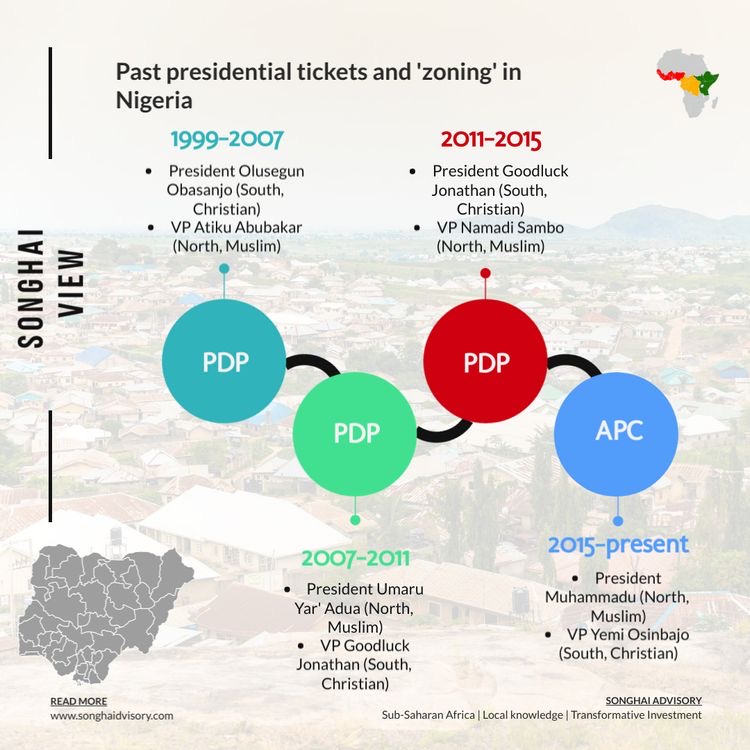
The Principle of Zoning?
This informal rule states that:
- The president and his vice cannot be of the same religion.
- Power must oscillate between the north and south every two terms.
This rule simply implies that Power is ‘zoned’ to a religion and a region of the country, till every Geopolitical zone has a representative who has served as the president of the Nation.
The principle of zoning is designed to ensure that neither the north nor the south of the country is ever permanently excluded from power and that no one party is seen to monopolize power. The key factor which necessitated zoning was the need to ease inter-ethnic tensions following the unpleasant Nigerian Civil War.
The Zoning rule is important because of the complex state of the Nigerian ethnicity. Nigeria is a multi-ethnic country , with 6 Geopolitical zones, which is categorized broadly into the North and South. The North comprises majorly the Fulanis and Hausa, making up the North Central, North West and North East. The South majorly comprises the Igbos and Yoruba occupying 3 Geopolitical Zones – the South-West, the South-East, and the South-South.
Furthermore, the two major religions observed by these Geopolitical areas are Christianity and Islam which have almost an equal spread around the Nation.
The Federal Military Government of Abdusalam Abubakar accepted the zoning arrangement for administrative convenience but zoning is still yet to be enshrined in the Nigerian Constitution. While the federal character principle is a constitutional provision that can be enforced in a court of law, zoning remains a matter of tactfulness, therefore informal.
The main essence of the thoughtful zoning process is to ensure the promotion of national cohesion and a sense of belonging for citizens from all parts of the country.
Elections and. Misinterpretations
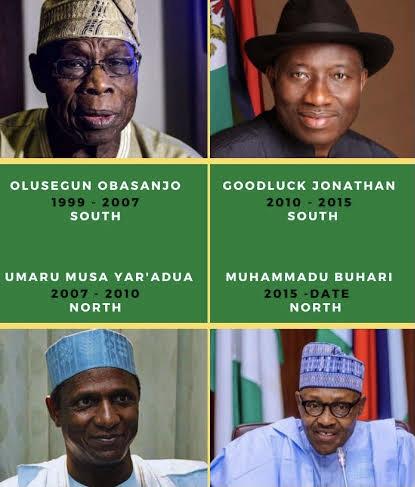
To ensure a system of Justice and equity, it is important that the choice of a president and his running mate must be equally shared in terms of religion and tribe according to the rule.
This was seen as an important tool of National peace by the two major political parties that led the transition from the military to civilian rule in 1999. They reached an agreement that gave room for the presidential candidates from the two major parties to emerge from the South-West geo-political zone.
The 1999 Elections saw the People’s Democratic Party (PDP) emerge winners, producing Olusegun Obsanajo, a southern Christian as the president and Atiku Abubakar, a Northern Muslim as his vice. The rule was well interpreted.
However, there have been irregularities in the way this rule has been interpreted by the political elites of the country since after the 1999 – 2007 ‘two term’ administration.
Firstly, former president, Olusegun Obasanjo wanted to continue his reign for a third term, a move that must met with stiff opposition and criticisms. He would bow to the pressure and allow new candidates to run for the office of the president.
The 2011 elections saw the PDP win again, this time producing a northern muslim, Musa Yar’Adua and Goodluck Jonathan, a Southern Christian. Sadly, the president died just within 3 years of his reign, and this automatically meant that his Vice completed the first term as the interim president of the nation.
According to the zoning rule, it was believed that the north had not finished using up its own turn, so a northern muslim was expected to continue as president for the next four years of the second term. This brought about the emergence of former Vice President, Atiku Abubakar declaring his interest. However, interim president, Goodluck Jonathan, from Bayelsa state in the south also stated his intentions to run under PDP. In the PDP primaries, Goodluck Jonathan convincingly defeated Atiku and became PDP’s flag bearer.
Meanwhile, in another party and in strong opposition to the PDP, the Congress for Progressive Change (CPC), produced a northern muslim, Muhammadu Buhari from Katsina as its presidential candidate.
Sadly for the northerners, Jonathan would defeat Buhari and emerge as the President of Nigeria. This was a bitter experience for the northerners who strongly believed that power had prematurely fallen to the southern leader, although Jonathan’s vice, Namadi Sambo was a northern muslim.
In the next elections in 2015, Buhari emerged as winner of the presidential elections defeating the incumbent Goodluck Jonathan. Buhari, a northern muslim, came into power with a southern Christian, Prof. Yemi Osinbajo as his vice.
Does the Zoning Rule still stand ?
Although one can argue that the zonal rule was back into effect after the win of President Buhari, however, the chain of events from the 2011 elections had shown otherwise and casted a strain on the rule. This is revealed in the major candidates of the 2023 presidential elections.
It was believed and said around many corners that the 2023 elections should produce a southern president, whose vice will be a northern and their religions won’t be the same. However, this rule hasn’t been upheld in some quarters.
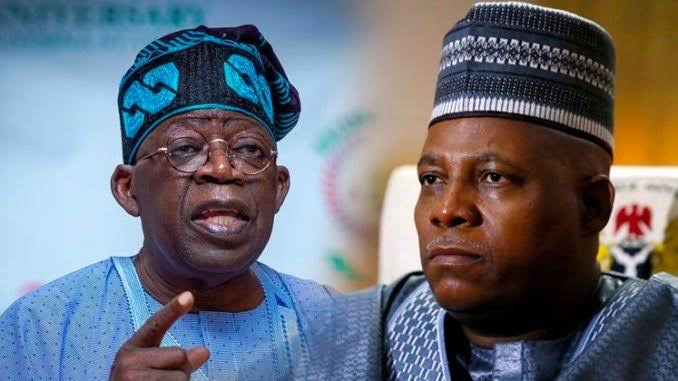
In the APC, the ruling party, Tinubu, a muslim from southern Lagos, claimed that it was his turn to be in power. That wasn’t a problem as long as his running mate would be a northern Christian. Shockingly, he ignored this and opted for a Muslim vice-presidential candidate. This choice was met with lots of criticisms, especially from the Christian leaders in the land.
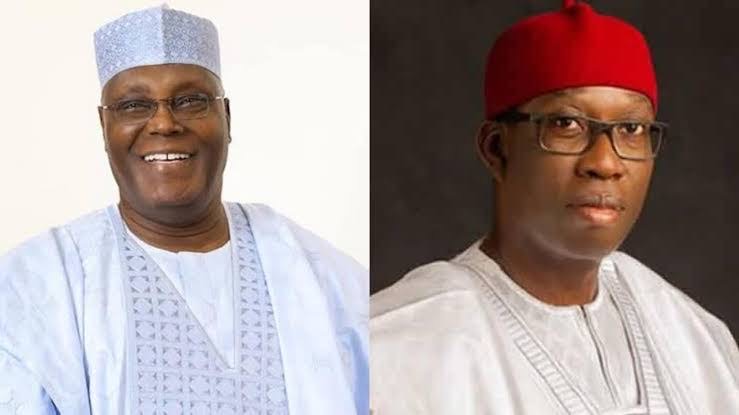
Meanwhile, up north, the PDP elected a northern muslim and former Vice President, Atiku Abubakar as its presidential choice. Atiku, who is from northern Adamawa, claims his own party has not been in power for the last eight years and so the zoning rule does not apply to him.
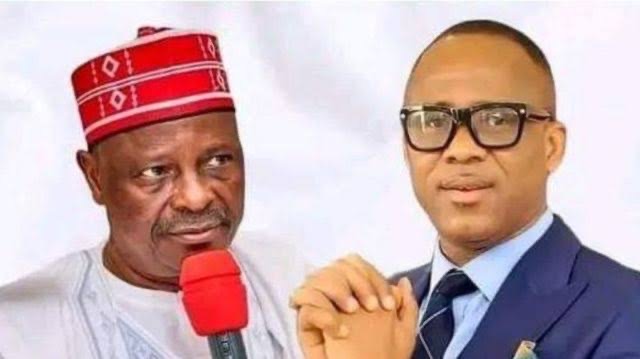
From the northern commercial capital, another northern muslim and former Governor of Kano state, Rabiu Kwankwaso also ignored the zoning rule and declared his intention to run as presidential candidate. Met with no opposition, he emerged as the presidential candidate of the New Nigeria People’s Party, NNPP. He believes he is the most qualified for the job and will give Nigerians a new lease of life.
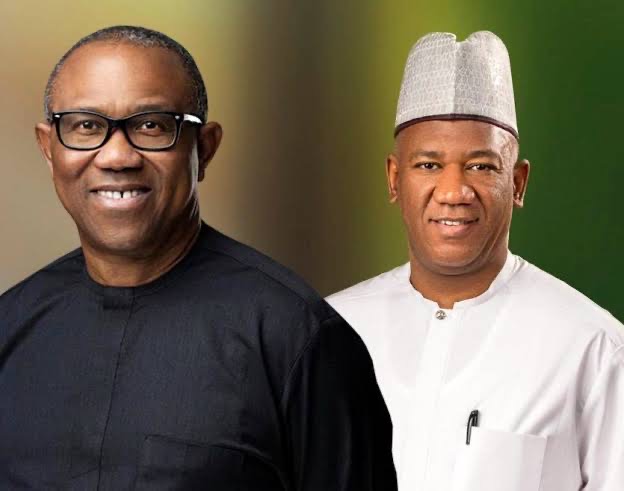
While all these were ongoing, a very strong contender from the East arose. Former governor of Anambra State and a well celebrated politician, Peter Obi, who was running mate to Atiku four years earlier under the PDP, joined the Labour Party as their presidential candidate. Himself, many of his supporters as well as well-wishers and some elder statesmen, believes that it is time for the Southeastern region to seat the echelon of power in Abuja. The southeast has not produced a president or vice president since civilian rule was restored. Interestingly, his vice is a northern muslim.
Will it work or not ?
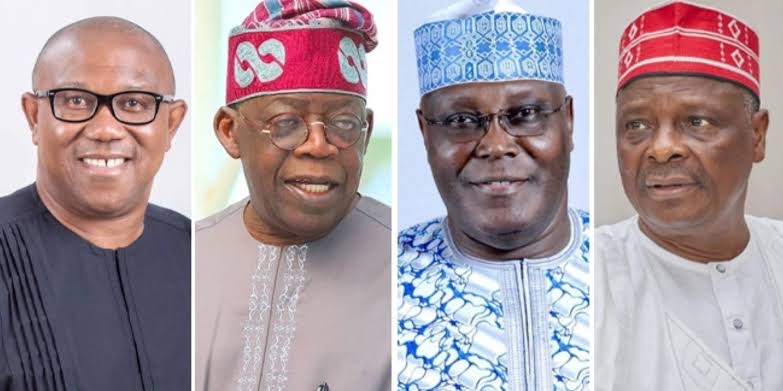
The emergence of Atiku or Kwankwaso as president of Nigeria would have defeated the zoning rule as far as ethnic rotation is concerned considering that the incumbent president is from their region and religion. However, both Atiku of the PDP and Rabiu Kwankwaso of the NNPP have southern Christian running mates – Ifeanyi Okowa and Bishop Isaac Idahosa respectively.
If Tinubu won, power would return to the south but in terms of religion, the zoning rule again would be defeated, as he chose a Muslim running mate.
The clearest indication of the zoning rule would be Peter Obi, a southern Christian, whose running mate is a northern muslim, Yusuf Datti Baba-Ahmed.
As Nigerians decide who their president will become on Saturday, February 25, 2023, everyone would be eager to see who finally emerges as the president and this will prove yet again, if the zoning rule should keep being relevant or not.
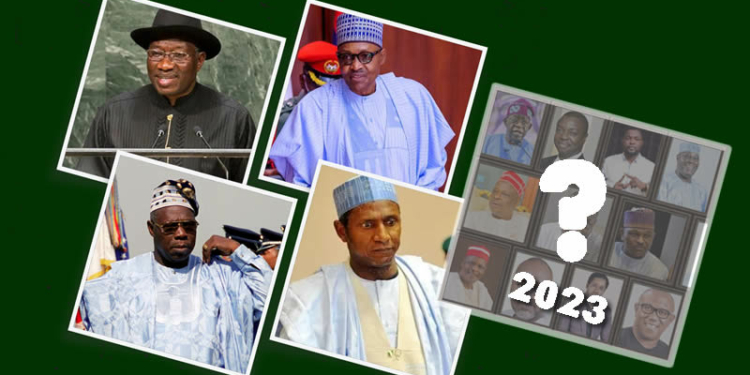
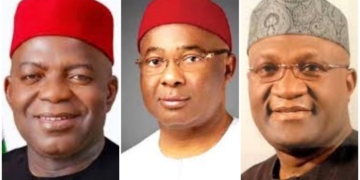
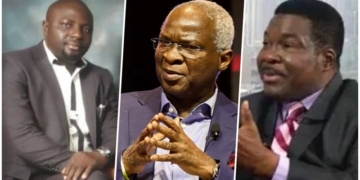

Discussion about this post